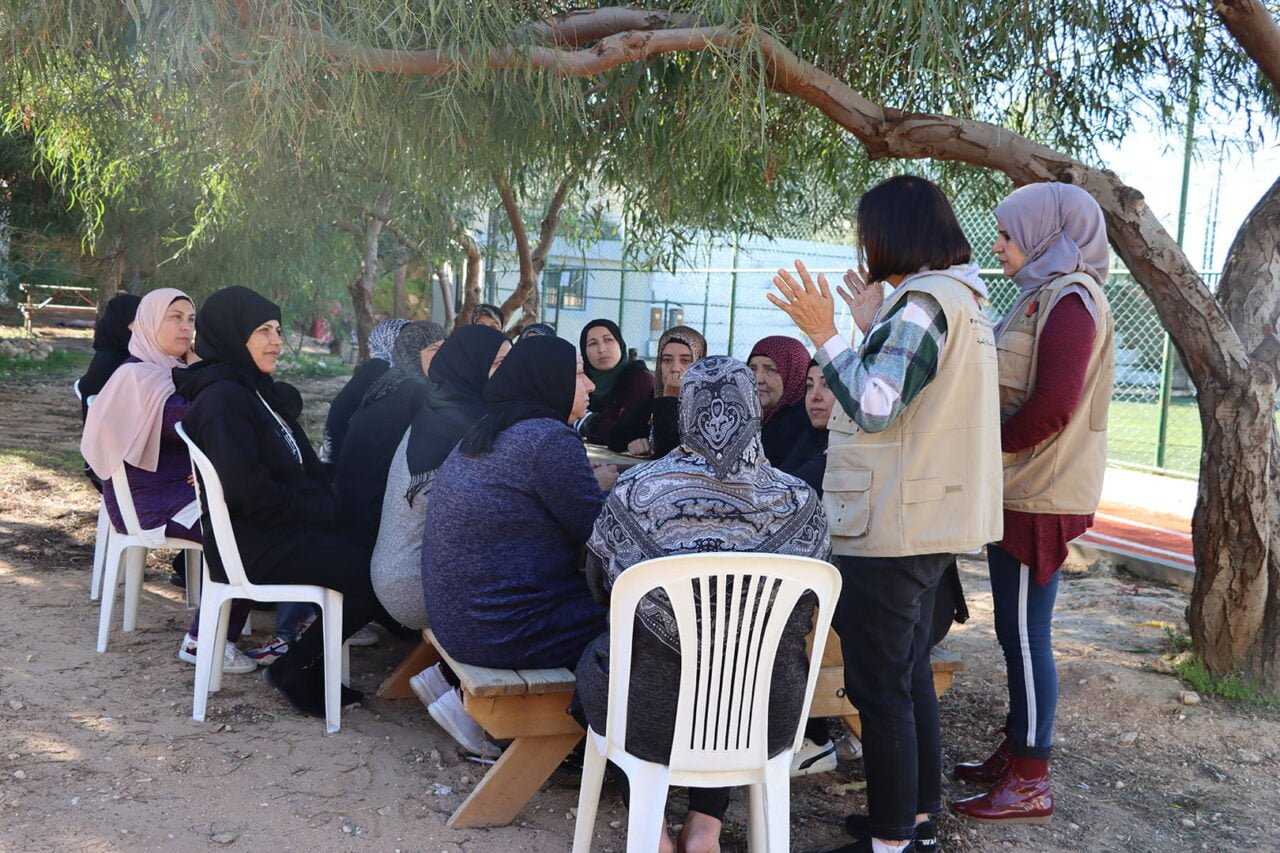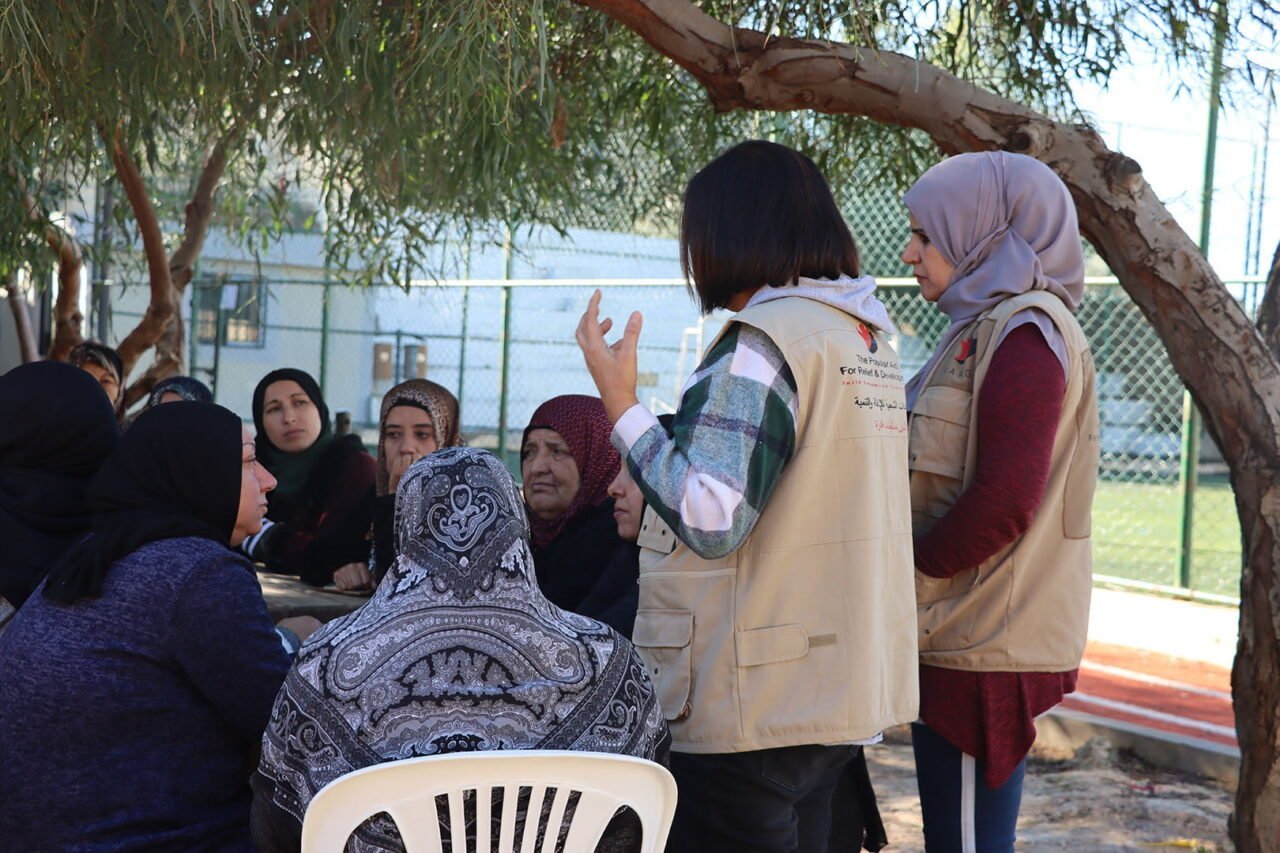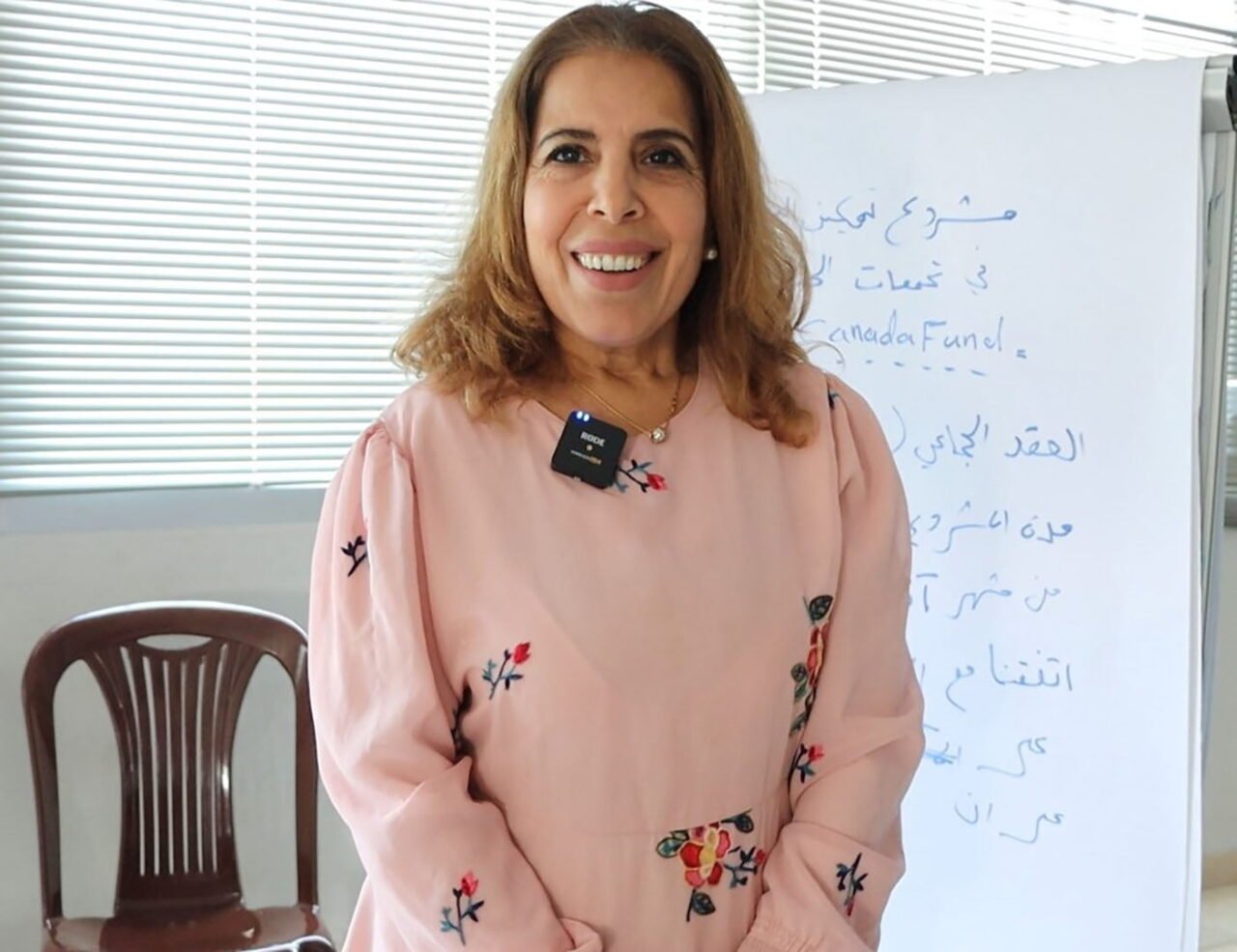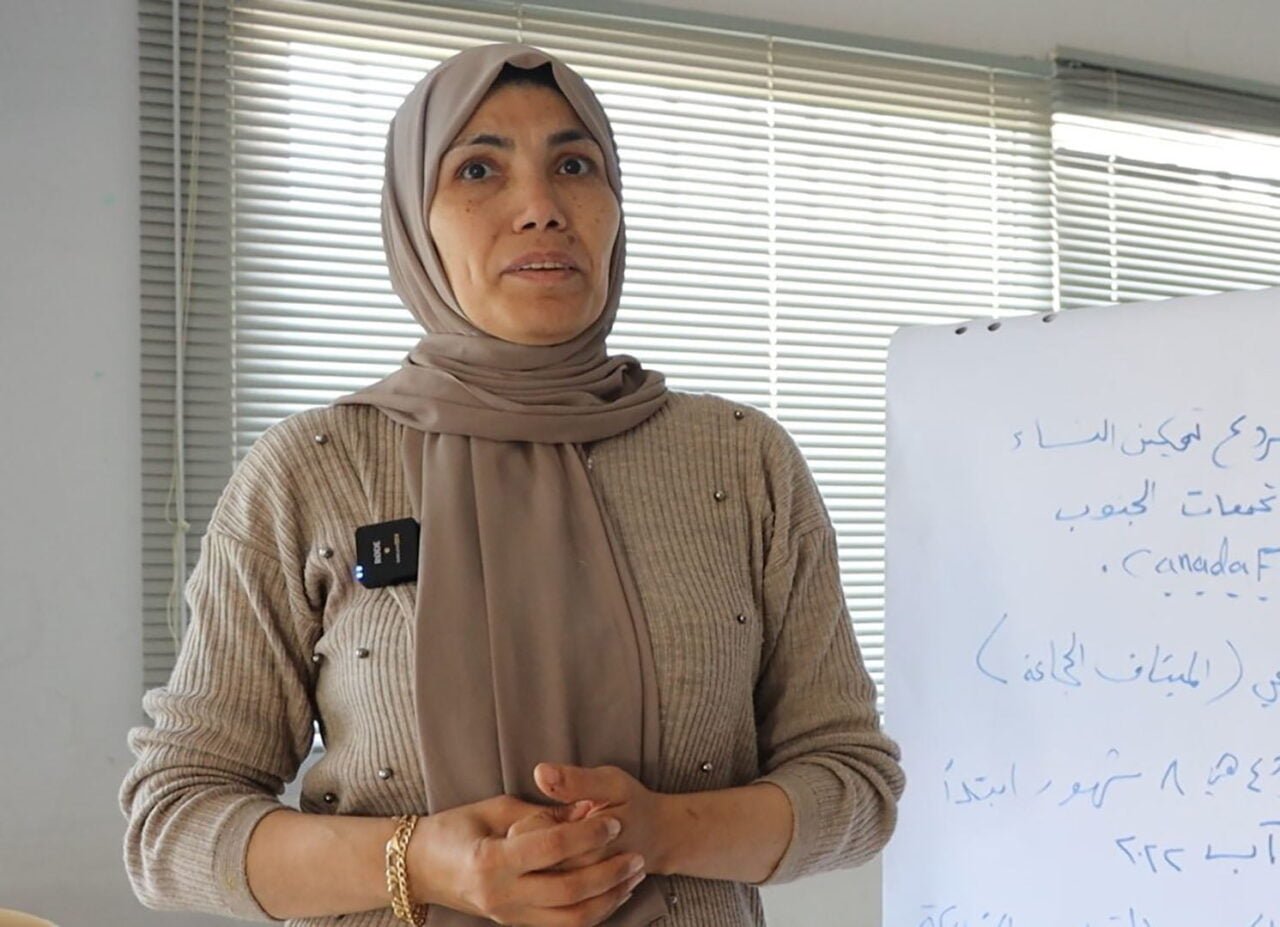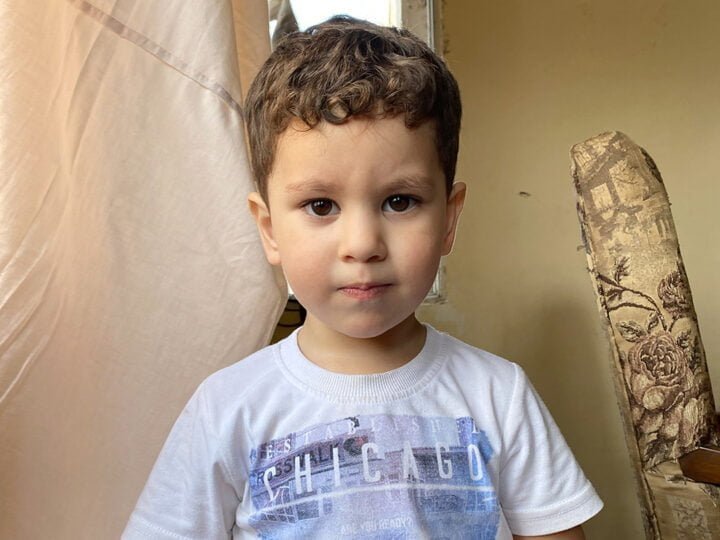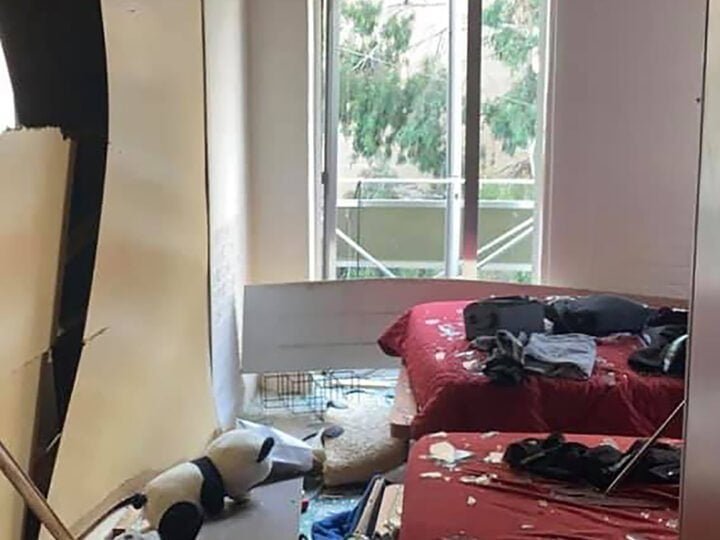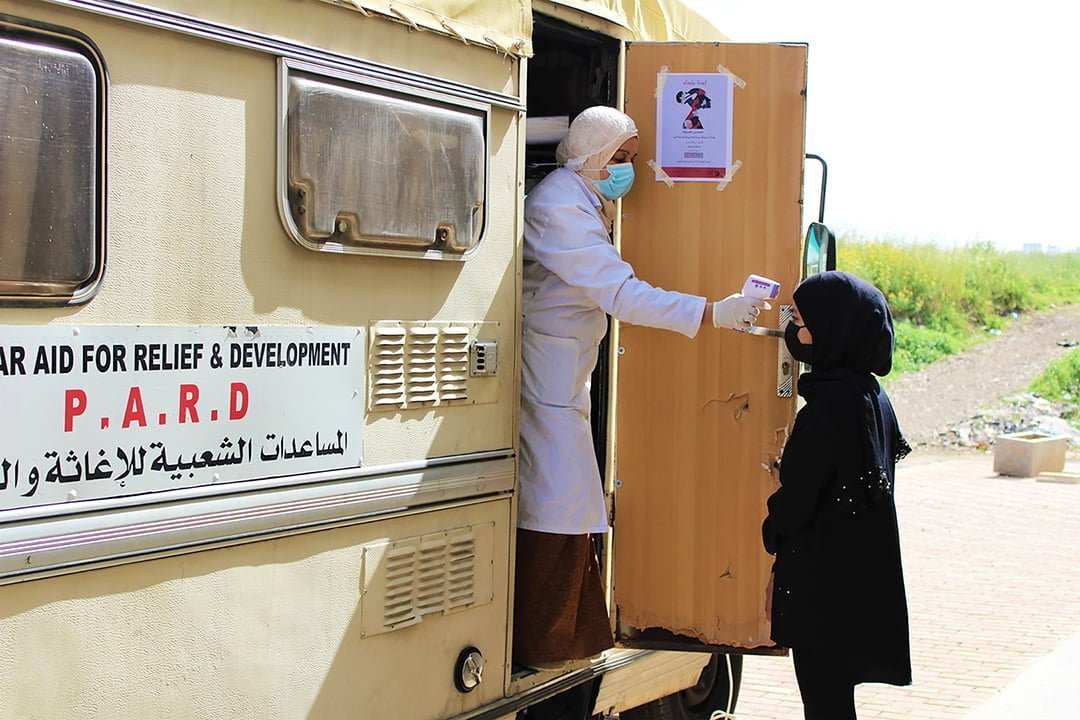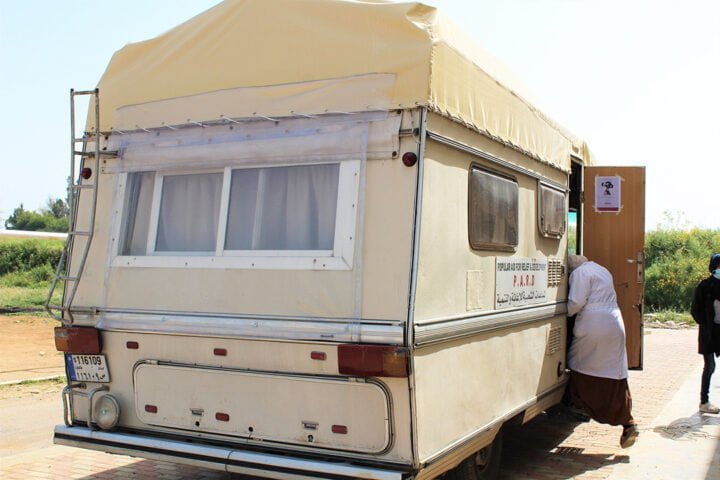Mentoring Women Refugees Towards Empowerment and Leadership
Imagine a world where all women are supported and empowered to tell their stories and fulfil their potentials! Empowering women is one of the most effective ways to help women express themselves and be active in their own stories. This will be achieved by leading them to form women committees and empower them to raise up their voices. PARD developed a comprehensive training program supported by Canada fund for local initiatives (CFLI),...
Psychological Support Activities Plays Key Role after Beirut’s Port Explosion
The deadly explosion that ripped through Beirut’s port, on August 4 left many psychological repercussions on children’s mental health. The three year old Mahmoud witnessed the wall of his bedroom collapse while the glass shattered all over his bed at the moment of the explosion. Mahmoud lives in small house in Karantina among two families of eight individuals in the same house. Fortunately he was in the lobby and didn’t get...
PARD’s Mobile Clinic in the South
PARD’s Mobile clinic roams through seven settlements in southern Lebanon, visiting each one three times a week. The Settlements are Al Qassimeyyeh, Sikkeh, Kfarbadda, Wasta, Shabriha, Jal Al Bahr and Al Maashouk. Our mobile clinic, supported by Solidaridad Internacional, settles at more than one stop in each area, informing beneficiaries beforehand on the clinic’s daily schedule in each area, making sure that most vulnerable communities are benefiting from services provided. Our mobile...
PARD’s plan of action during the economic crisis and the pandemic Covid-19
The Popular Aid for Relief and Development's plan of action during the economic crisis and the pandemic Covid-19 in Palestinian gatherings. Funded by the Canadian foodgrains bank CFGB, Mennonite central committee MCC, and the united nations development programme UNDP....
Reproductive Health Project in Southern Lebanon
The Reproductive Health Project is a project concerned with Palestinian and Syrian refugee women in the South, funded by the Basque Agency for Development Cooperation and implemented by the Popular Aid for Relief and Development and Solidaridad Internacional...


